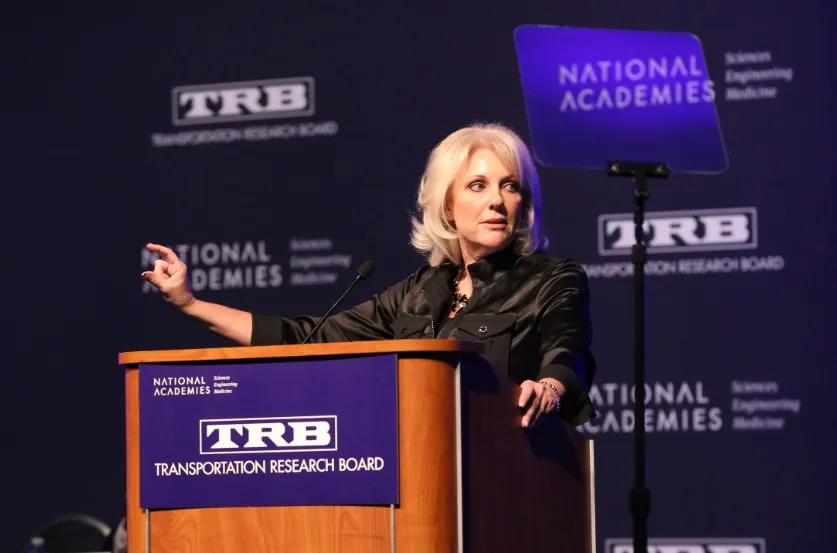Envia Systems, based in California, has announced test results that verify the company’s next-generation rechargeable battery has achieved the highest recorded energy density of 400 Watt-hours/kilogram (Wh/kg) for a rechargeable lithium-ion cell. When commercialised, this 400 Wh/kg battery is expected to slash the price of a 500km range electric vehicle by cutting the cost of the battery pack by more than 50 per cent. The testing of Envia’s next-generation lithium-ion battery was performed by the Electroche
March 23, 2012
Read time: 2 mins
The testing of Envia’s next-generation lithium-ion battery was performed by the Electrochemical Power Systems Department at the
“Since the inception of Envia, our product team has worked tirelessly and logged over 25 million test channel hours to optimally develop each of the active components of the battery: Envia's proprietary Si-C anode, HCMR cathode and EHV electrolyte," said Dr. Sujeet Kumar, Envia Systems co-founder, president & CTO. “Rather than just a proof-of-concept of energy density, I am pleased that our team was successful in actually delivering 400 Wh/kg automotive grade 45 Ah lithium-ion rechargeable cells.”
“Envia’s new battery technology represents exactly the kind of innovation and breakthroughs that ARPA-E is looking for from the American research and development community,” said ARPA-E director Arun Majumdar. “We hope that this low-cost and high-density battery technology enables widespread adoption of electric vehicles across the country and around the world.”
Envia was awarded grants by both the







